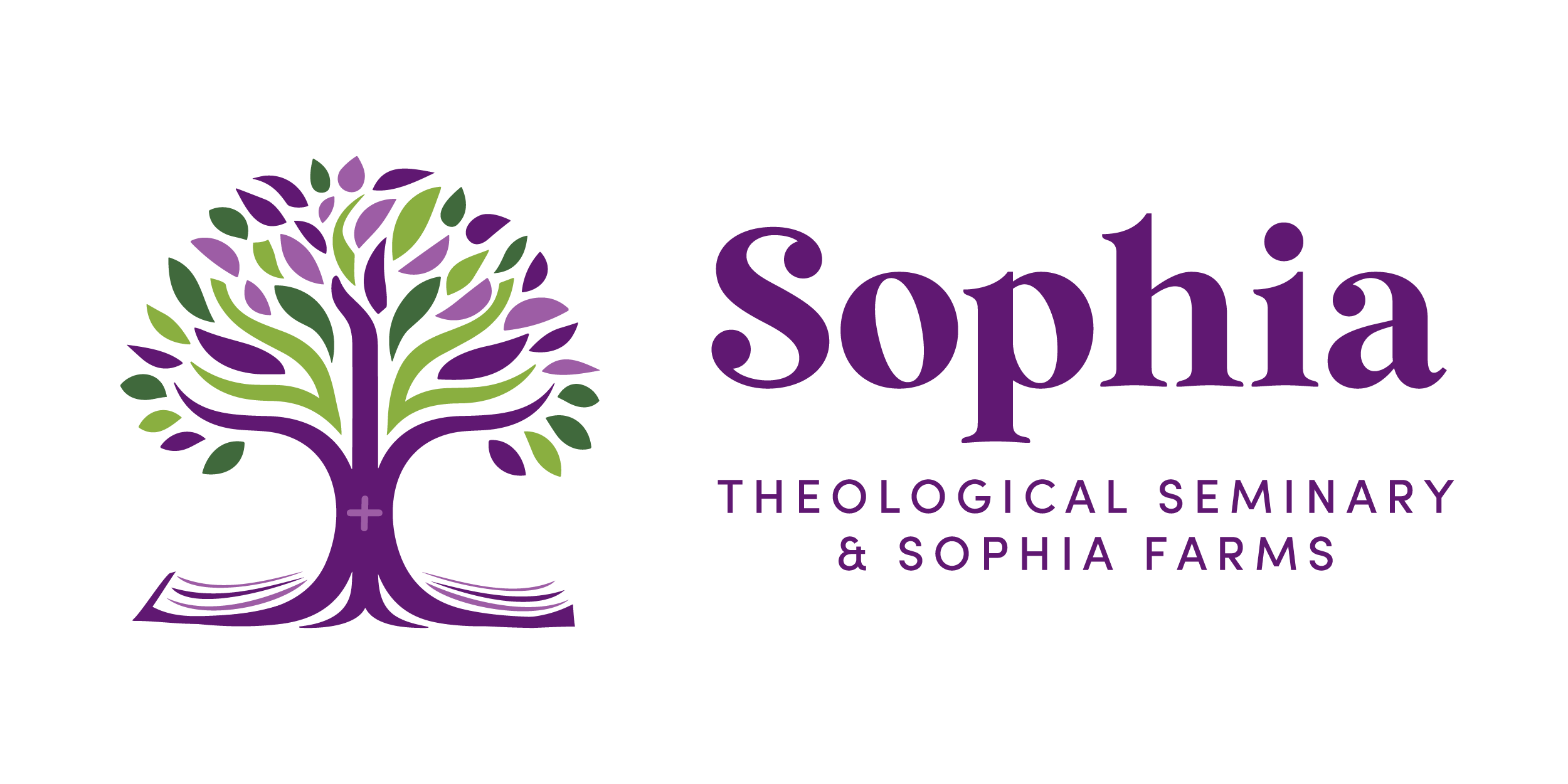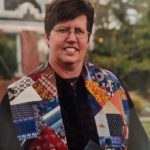About Sophia Theological Seminary and Sophia Farms
Core Values
As an embodied community of learners committed to God as revealed in Jesus Christ, the Seminary assents to a set of core values, including:
- Life together in community will be marked by daily rhythms of study, worship, fellowship, and work.
- Being a community of inclusive welcome is foundational to the life, work, and self-understanding of the Seminary.
- Theological education is to be a holistic endeavor, undertaken with rigor, built upon a curriculum that is integrated across disciplines and that moves freely between “church” and “academy”.
- The community will exercise wise stewardship of capital resources, natural resources, and people.
- The community claims its heritage as little “b” baptist, understanding this heritage as historical, transcending specific denominational confines, and equally commits itself to ecumenical and interfaith work, locally and globally.
Faculty
Board of Trustees
- Mark E. Biddle, Dean of the Faculty, Montpelier, VA
- Jonathan S. Barnes, Indianapolis, IN
- Paul Brockwell, Secretary, Richmond, VA
- Liz Andrasi Deere, Waco, TX
- Melissa A. Jackson, Chair, Church Road, VA
- Sheryl Johnson, Richmond, VA
- Martha Kearse, Lynchburg, VA
- Donte’ McCutchen, Richmond, VA
- Bollin Millner, Richmond, VA
- Donna Rhaney, Ruther Glen, VA
- Valerie Carter Smith, Richmond, VA
- Hollie Woodruff, Richmond, VA
- Neil Zahradka, ex officio, North Chesterfield, VA
TRANSLATE with ![]() x
x
English
![]()
TRANSLATE with ![]()
Enable collaborative features and customize widget: Bing Webmaster Portal
Steering Committee
- Mark E. Biddle, Dean of the Faculty
- Melissa A. Jackson, Chair, Board of Trustees – Sophia Theological Seminary
- Kathy Shereda, Farm Steward
- Nelson C. Taylor, Acting Administrator – Sophia Theological Seminary & Sophia Farms
- Neil Zahradka, Chair, Board of Trustees – Sophia Farms
Little “b” baptist
What does the Sophia Community mean when it affirms its “little ‘b’ baptist” identity?
- The expression echoes the experiences of members of the community who have lived as baptists in widely divergent cultural contexts in the United States and internationally. Sophia borrows the expression from the noted baptist theologian James McClendon, for whom it was central, and affirms much of what it meant for him.
- Claiming the identity of little ‘b’ baptist recognizes that terms such as American Baptist, Southern Baptist, Polish Baptist, and German Baptist testify to cultural components of identity that overlay baptistness and, in some cases, even obscure it. Stripping away those cultural components as adiaphora (non-essential), one discovers the essential “baptist vision.”
- This baptist vision has, in McClendon’s description, “distinguishing marks.” Those marks include a hermeneutic of both reading scripture and understanding “church” in relation to the world:
- For baptists, the Bible is directly and immediately relevant to the life of faith they seek to live in the world. Scripture takes priority over creed, confession, or theological system.
- Little ‘b’ baptists, including many descendants of the Anabaptists of the Radical Reformation, contend that the church consists of baptized believers, a contention which, in turn, defines the parameters of the relationship of the church to the world – fully in the world, but not of it.
- The baptist vision is also marked by an understanding of discipleship as life transformed by Christ and of community as that life in Christ shared together, wherein both the individual and the communal life are exercised in service to others.
- This awareness permits baptists to recover some of their Radical Anabaptist heritage through commitments to biblical mandates of peace (shalom), justice, and mercy.




